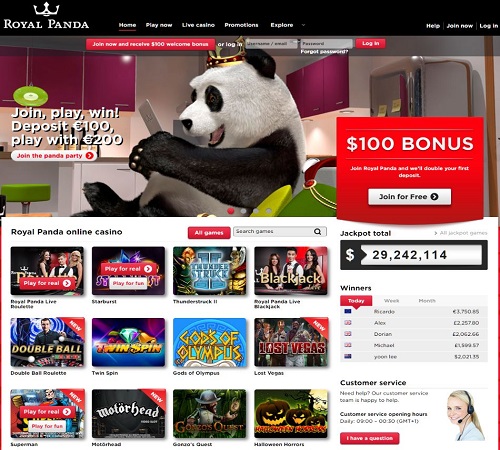Major Changes in Store for Swedish Players Next Year
Major online casinos and software operators are scrambling to obtain Swedish gambling licenses before the New Year. Under new law changes, Lotteriinspektionen is doling out licenses to operators ahead of Sweden fully regulating their online gambling market on January 1.
Under the new laws, any operator (or game provider) wishing to offer their services to Swedish players are required to obtain an iGaming license from Lotteriinspektionen. In the run-up to Christmas, the Swedish gambling authority dispatched 28 licenses to operators, bringing the total to just under 80 in all thus far.
Software and Casinos Scramble to Become Legit
So far, Lotteriinspektionen has not rejected any applications for gambling licenses. The terms are steep, and the price is high for Swedish gambling licenses, though. The iGaming licenses themselves cost between €43,000 and €78,000.
On top of that, license holders will also have to pay a tax of 18% on any income generated from players based in Sweden. Players needn’t worry about any increase in taxation, though. The new law changes specify that Swedish players will continue to be able to pocket their winnings tax-free.
The new law is not as simple as operators stumping up the cash for a license and paying their tax, though. They will also have to comply with a new set of laws and regulations to ensure that fair gaming is adhered to, that their security protocols are up to scratch, and that player protection is ensured. Failure to do so would see an operator or game’s provider lose their license, or see their application rejected. This aspect of the new laws, however, is something many players in Sweden have long called for and will welcome.
Recent Recipients of Swedish iGaming Licenses
Casino software providers which are based in Sweden, such as Net Entertainment, Yggdrasil Gaming and Play’n Go are thought to be relatively safe from the law changes, and will easily meet the criteria for offering gambling content to providers at licensed casinos. Open gaming platform provider, Finnplay, have also successfully received their license. For the casino operators themselves, though, it is a mad dash to the finish line. Online gambling enterprises already known to have had their applications accepted include:
- Betfair
- Cherry Casino
- ComeOn Casino
- GiG casino sites such as Rizk and Thrills
- Paf Casino
Additional licenses were also handed out to Swedish iGaming brands including Casinostugan, Hajper, Mobilautomaten, Snabbare and others. As well as regulating which casinos can offer their services to Swedish players, the new laws will also affect bonuses and promotions at licensed and regulated gambling portals in the country.
Bye Bye to Bonus Bonanzas
 In a fully regulated market, players can also expect a flurry of other changes to the rules. Players will be able to ban themselves from all licensed casinos at the click of a button, and 3-second intervals are to be put in place on each spin of a slot.
In a fully regulated market, players can also expect a flurry of other changes to the rules. Players will be able to ban themselves from all licensed casinos at the click of a button, and 3-second intervals are to be put in place on each spin of a slot.
Casino promotions and bonuses are also set to change. Only a single deposit will be available for each player, with no further cash bonuses claimable. Loyalty bonuses and VIP deals will, therefore, only be able to hand out free spins to players with no strings attached. Players will no longer be able to earn loyalty points to snap up VIP deposit deal or be required to deposit to claim a promotion for instance.
The process of depositing at casinos is also set for renovation. Swedish players will be required to use their BankID to deposit at sites, as well as tried and tested banking options, such as Trustly and Klarna.
The Fate of Offshore Casino Enterprises
It is not immediately apparent if Swedish ISPs (internet service providers) will block offshore casinos (those not licensed in Sweden). However, the Gambling Authority has spoken of bans to reduce illegal gambling and lotteries, but those will focus on the operators themselves, not Swedish players gambling at offshore casinos. As a result, it is likely that offshore casinos themselves will cease to offer their services to players in the country, rather than a full-on ISP blacklist being brought into effect.
If ISP blacklists and blocks were used, it would be highly controversial in a country which prides itself on freedom of the internet. The new Swedish laws already contravene EU law, which states that countries should permit any EU licensed the right to offer its services to players in another EU member state.
January 1 is looming, and whatever happens, it promises to be a significant shock to the system for a country whose citizens love to gamble online.

